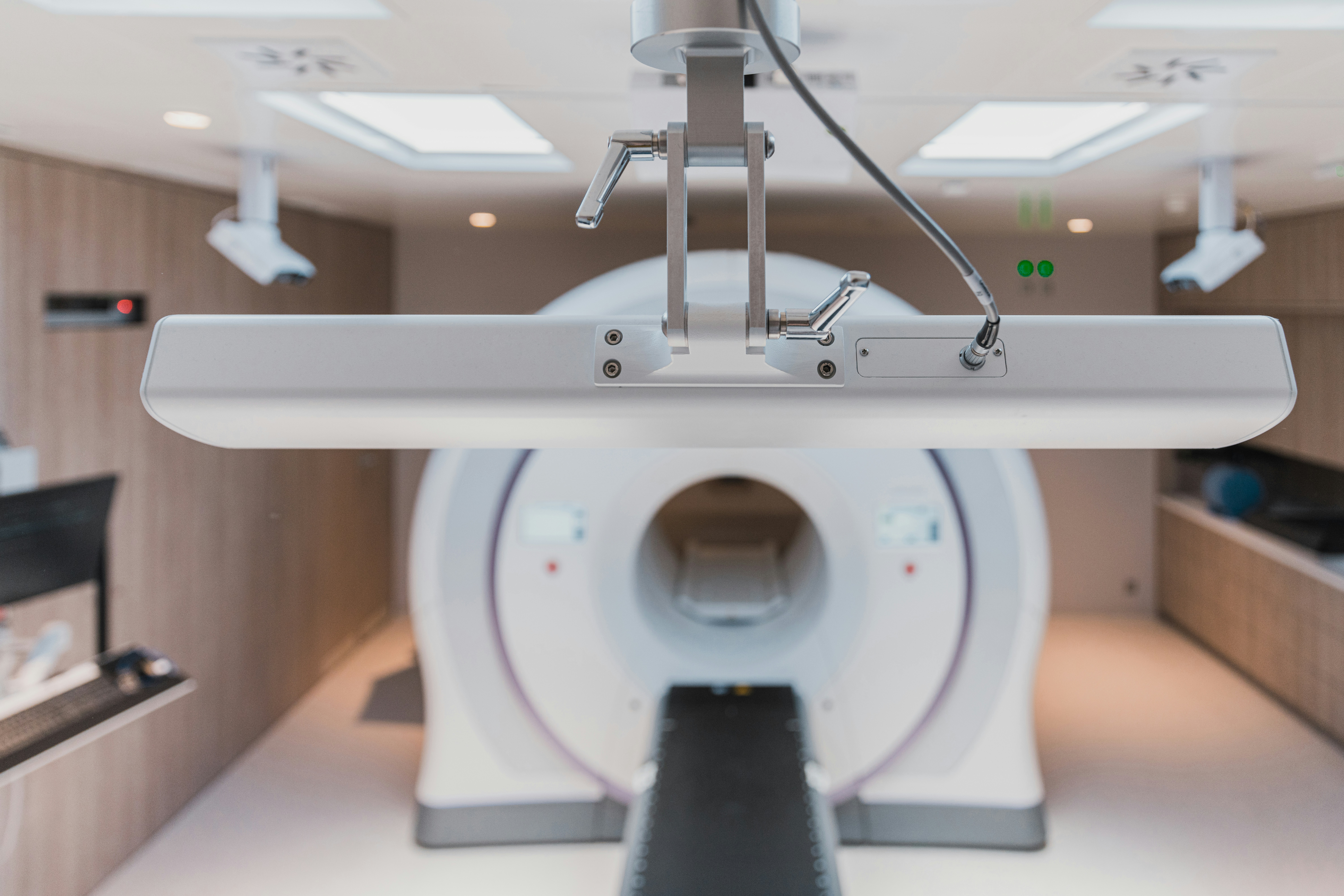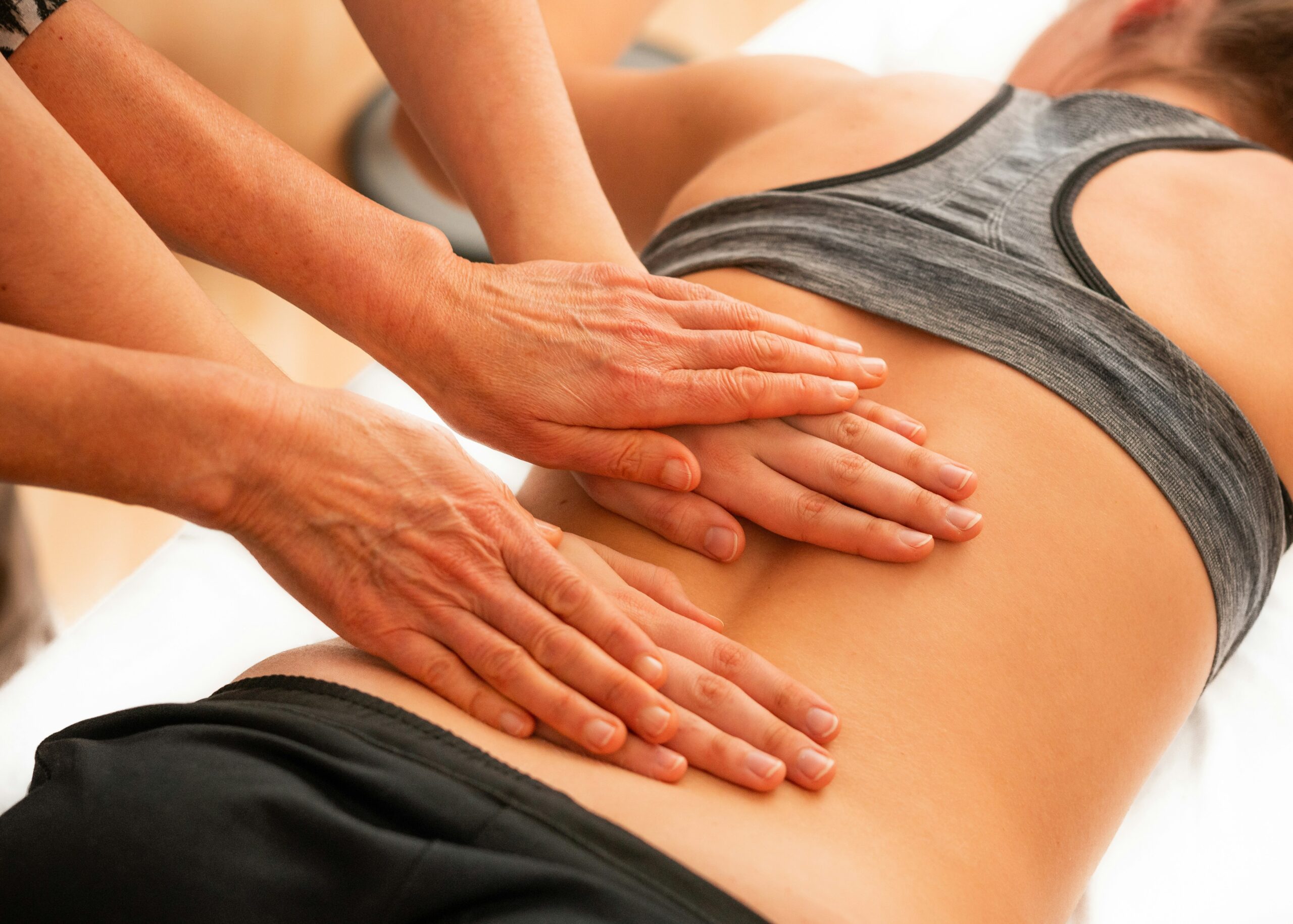Muscle pain, which specialists call myalgia, is a broad issue that numerous individuals around the globe experience. The intensity of this distress can shift from marginally bothersome to greatly serious and debilitating, making it difficult for people to do their regular errands.
Pain in muscles can happen in one place, with only a single muscle or a few muscles feeling it, or this torment can be all over, with numerous distinctive muscles hurting.
Sometimes, the torment begins rapidly after harm has occurred, and other times, it comes gradually because of long-term well-being problems. Grasping what muscle pain is, why it happens, and the proper treatment methods is critical for lessening its impact on people's lives.
Muscle torment could be an exceptionally normal thing to feel. All individuals will have a few muscle torments in their lifetime. Numerous research papers show that a huge number of grown-ups feel muscle torment at the slightest once a year. Things like how old they are, how much workout they do, and their common well-being condition can influence how frequently individuals have muscle pain. People who do a lot of sports or do difficult physical work frequently get muscle wounds and feel torment because of this. However, individuals who do not move much can have muscle pain since they sit in terrible ways and their muscles are not solid. Also, certain restorative conditions and medicines can incline people to incessant muscle torment.

Muscle pain comes from numerous distinctive reasons. It can happen rapidly if someone gets harmed or uses their muscles too much. Muscle strains, sprains, and tears regularly happen and can cause a part of torment. Wounds from doing something too much, like tendinitis or wounds from repeating the same development numerous times, come about when muscles are utilized for a long time or exceptionally escalated without sufficient break time.
Chronic muscle pain might come from diverse well-being issues. A common reason for enduring torment within the muscles is fibromyalgia![]() , which could be a long-lasting condition where there's pain all over the body, particularly within the muscles and bones. Muscle pain that endures a long time can also come from myofascial pain syndrome. Typically, trigger points within the muscles cause torment in distinctive zones. Infections that cause aggravation, like polymyositis and dermatomyositis, make the muscles swell up and harm. Furthermore, diseases, immune system disarranges, and certain medicines can cause or worsen muscle torment.
, which could be a long-lasting condition where there's pain all over the body, particularly within the muscles and bones. Muscle pain that endures a long time can also come from myofascial pain syndrome. Typically, trigger points within the muscles cause torment in distinctive zones. Infections that cause aggravation, like polymyositis and dermatomyositis, make the muscles swell up and harm. Furthermore, diseases, immune system disarranges, and certain medicines can cause or worsen muscle torment.
Signs of muscle pain can be distinctive for each individual since it depends on what is causing the torment and how awful it is. Often, individuals feel a not-so-solid hurt or perhaps a sharp torment where their muscles are harmed. Moreover, they might touch the place and find it delicate or difficult to move. Individuals might moreover feel that their muscles are weaker, or they may take note of a few puffiness and muscle jerks. When there's sudden harm, one can see bruises or self-evident swelling. Individuals who have had pain in their muscles for a long time usually feel exceptionally tired and find it difficult to rest, making the pain worse.
Torment can be in one place or spread out. When muscle pain is just in one region, it, as a rule, happens because of damage or utilizing the muscle as well. Solid torment that spreads out isn't fair in one place and might appear an individual has a, by and large, body condition like fibromyalgia. This pain can get more grounded when somebody does something, or it might proceed if they are not moving. Now and then, the torment might spread to adjacent places, making the design of the torment more complicated.

When muscles are harmed for a long time, it can cause distinctive issues that influence how well somebody feels. Long-lasting torment might make it harder to move around and do regular assignments, participate in exercises with other individuals, or have fun. This could lead to a lower quality of living and more dependence on other individuals for assistance.
Muscle pain that doesn't go absent might cause mental health problems, too. Feeling pitiful, stressed, and under pressure frequently happens when somebody has long-term torment. Continuous muscle pain creates a discomfort that limits what one can do, which can make somebody feel very hopeless and disturbed. Moreover, when this torment makes it difficult to rest well, it might make mental well-being issues more awful by beginning a cycle of proceeding pain and emotional stress.
In genuine circumstances, if muscle pain is not treated, it can result in muscle decay![]() . This happens when the harming muscles end up frail and little since they are not being utilized. It makes getting way better harder and can make the time of enduring torment longer. Early mediation and fitting administration are significant in anticipating these complications and progressing with the results.
. This happens when the harming muscles end up frail and little since they are not being utilized. It makes getting way better harder and can make the time of enduring torment longer. Early mediation and fitting administration are significant in anticipating these complications and progressing with the results.
A specialist must look at everything carefully to discover why muscles are harming. Ordinarily, they begin by learning about the patient's well-being history and checking their body. The specialist will inquire when the pain began, how long it has been there, and what kind of torment it is. They need to know if you have other side effects as well. The specialist will check the muscles harmed for delicacy or swelling and see how well they can move.
Doctors often use blood tests to discover why somebody has muscle pain. These tests can appear on the off chance that other issues are causing the torment, like ailments caused by germs, the body's immune framework assaulting itself, or not having the right balance of chemicals in the body. Certain exams, like the test for erythrocyte sedimentation rate and C-reactive protein, appear to aggravate within the body. High amounts of muscle chemicals such as creatine kinase might cause pain or ailment.
Imaging studies are exceptionally vital for finding out why muscles are harmed. X-rays, MRI scans, and CT scans can provide clear pictures of the muscles, bones, and tissues around them. These picture-taking methods are valuable to discover if there's something off-base with the body's structure, like broken bones, slipped plates, or harm in soft parts that might harm muscles.
Electromyography, or EMG for short, is a test that checks the muscles' electrical behavior. In an EMG, tiny electrodes are put into the muscle to record how it reacts with electric signals when it is still and also when it fixes up. This exam can assist in distinguishing disorders that affect the muscles and nerves, like myopathies or neuropathies, which are possibly liable for muscle torment.
Sometimes, a small piece of muscle tissue must be taken and examined closely with a microscope to discover the reason for muscle pain. A muscle biopsy can aid in recognizing infections that arouse or debilitate muscles, like polymyositis or strong dystrophy, which might lead to long-lasting torment within the muscles.

To calm muscle pain, it is critical to consider what caused the torment, its seriousness, and distinctive things, almost the understanding. Specialists ordinarily use more than one way to treat the signs of torment and where that torment comes from.
To treat muscle pain, especially when it just happened, it is imperative to rest and not do things that worsen the torment. Giving your muscles time to recuperate can help lessen the pain. Gradually beginning to be dynamic again, with counsel from a therapeutic professional, can help avoid other harm and support the healing process.
Numerous individuals utilize pharmaceuticals for muscle pain. Drugs that halt swelling, like ibuprofen and naproxen, offer assistance to reduce the torment. Acetaminophen is additionally great for easing torment, especially for those who cannot take NSAIDs well. When the torment is very strong, it may well be critical to utilize muscle relaxants or drugs for torment from a doctor's medicine.
Physical treatment is exceptionally vital for treating muscle torment. An advisor can make an uncommon work arrangement that makes the muscles more grounded, makes a difference in their work, and improves how well they work. Strategies like extending, working out to make muscles solid, and exercising that increase heart rate can reduce harm and stop hurt from happening again.
Warmth from a warmed cloth or pad can unwind the muscles and increase blood circulation to the sore place, which may lessen muscle torment. IceIce packs, which may be a cold treatment, reduce swelling and dull the harm. It may also be great to switch between warm and cold medications.
Massage therapy can help with muscle torment![]() . Strategies like profound tissue massage, trigger point treatment, and myofascial release might reduce muscle tightness, improve blood flow, and ease pain. Regular massage sessions, performed by an authorized advisor, can complement other treatment modalities.
. Strategies like profound tissue massage, trigger point treatment, and myofascial release might reduce muscle tightness, improve blood flow, and ease pain. Regular massage sessions, performed by an authorized advisor, can complement other treatment modalities.
Chiropractic treatment involves changes and developments to the spine to help with issues in muscles and bones that might be causing muscle throbs. These experts apply manual strategies to adjust the spine's position and upgrade how joints work. Chiropractic care can be especially useful for people with back or neck pain.
Acupuncture, a traditional Chinese medicine, employs fine needles placed into specific spots on the body. Individuals think this method helps stimulate the body's way of lessening torment and bolstering recuperation. Acupuncture is found to help lessen muscle pain and improve general well-being.

The viewpoint of muscle pain changes based on what caused it and how well the treatment works. If the muscle torment comes from damage or utilizing it too much, getting sufficient rest and the correct treatment can improve it in many days to weeks. Persistent pain in muscles, often linked with ailments like fibromyalgia or myofascial pain syndrome, could require administration over a long period to help control the discomfort and superior life quality.
You will likely get superior if you discover the issue early and start treatment rapidly. Taking a detailed plan for treatment with drugs, working out with a physiotherapist, and changing how you live your life can truly offer assistance to lower pain and improve how well you move and do things. Contacting a restorative professional frequently is vital so they can check on your advancement and change the treatment arrangement if required.
To stop muscle torment before it starts, one should take early steps to keep muscles healthy and avoid harm. Doing physical activities![]() often, like work that makes you strong and gives your body adaptability, can train the muscles well and lower the chance of getting harmed. Warm-up and cool-down exercises before and after your workout are very important. This makes a difference in preparing the muscles for work and stops them from getting hurt.
often, like work that makes you strong and gives your body adaptability, can train the muscles well and lower the chance of getting harmed. Warm-up and cool-down exercises before and after your workout are very important. This makes a difference in preparing the muscles for work and stops them from getting hurt.
It is vital to keep rectifying pose and use ergonomics, especially if you sit a lot for your work, as it helps stop muscle torment from not being aligned well or doing the same developments. Drinking sufficient water and eating appropriately assist muscles that work better and mend. Besides, utilizing unwinding methods like yoga or contemplation to handle stretch can help maintain a strategic distance from tense muscles and reduce inconvenience.
Repeated aches in the musculoskeletal system are prevalent and have the potential to impact individuals' daily experiences significantly. Understanding the underlying causes, recognizing indicative symptoms, and utilizing appropriate treatment methods are imperative for effectively managing this discomfort.
To ascertain the ailment, it is imperative to conduct a comprehensive medical evaluation encompassing an individual's health history, physical examination, and diagnostic tests. Practices such as rest, medication, exercise regimens, or exploring alternative healing modalities have shown promising results in mitigating pain and enhancing bodily functions.
Initiating early intervention and employing many strategies are crucial in mitigating further complications and achieving desirable results.